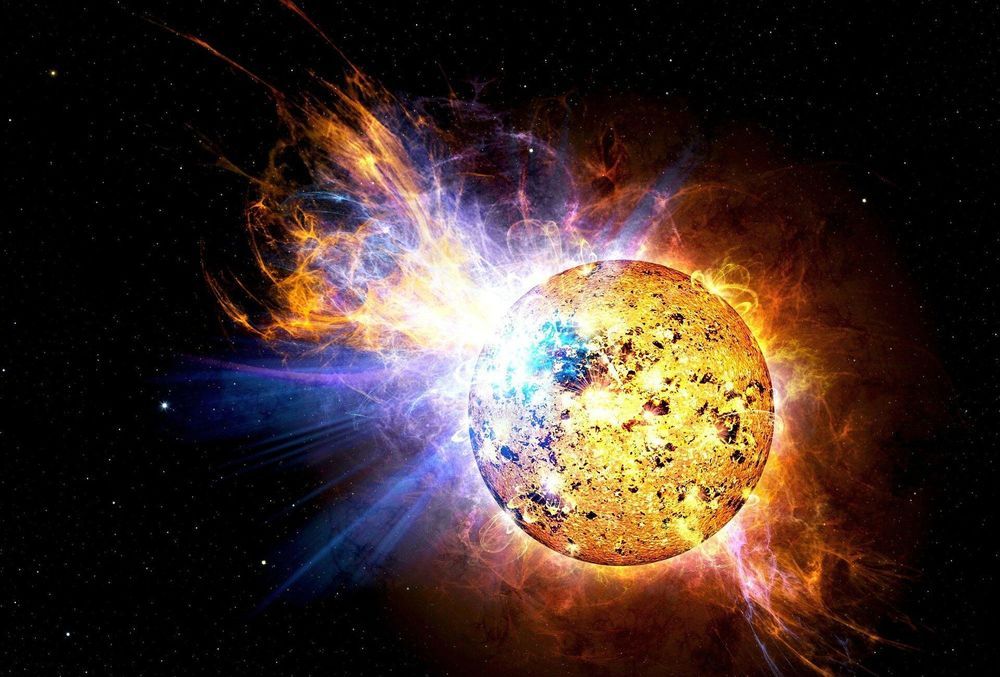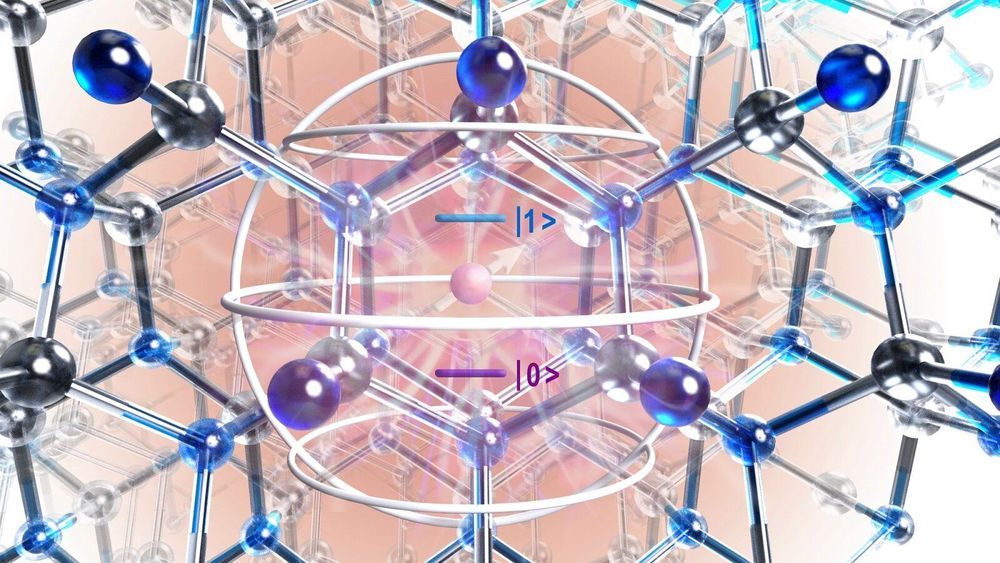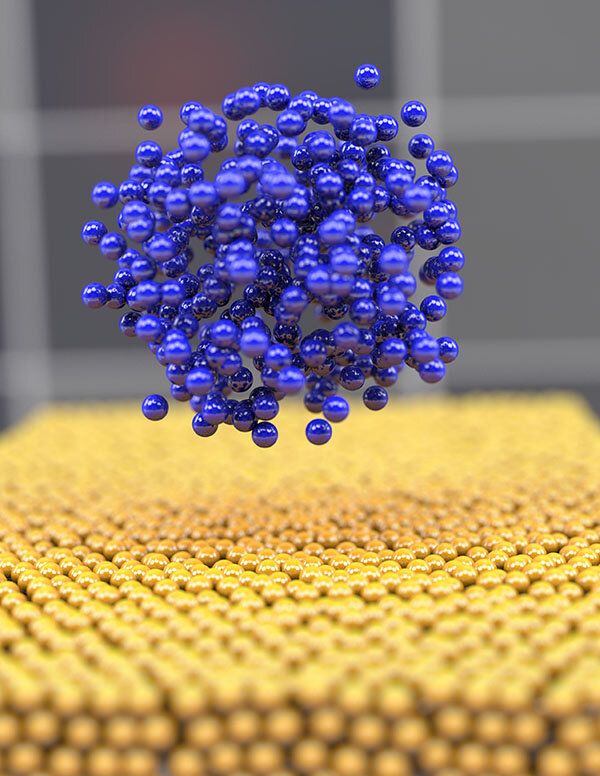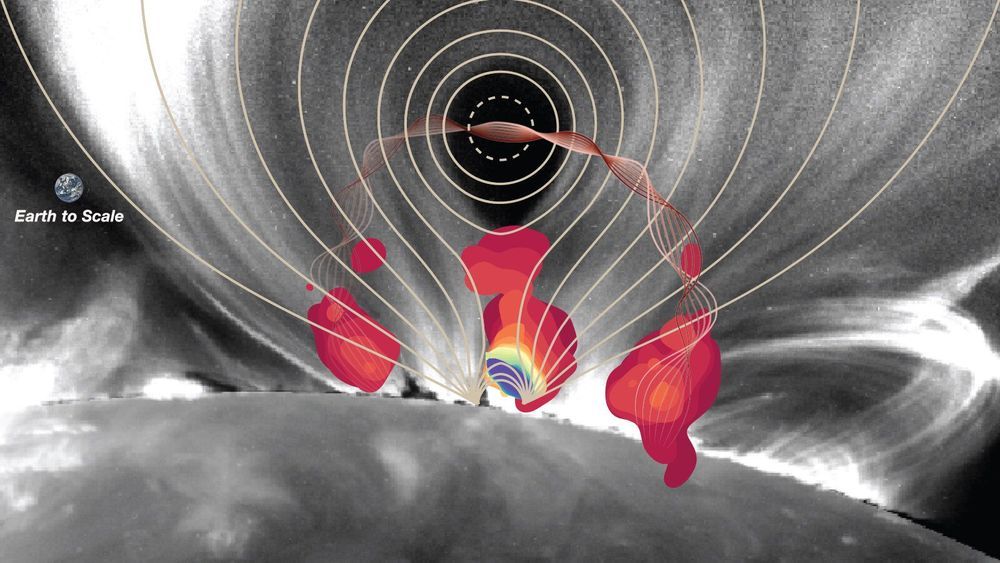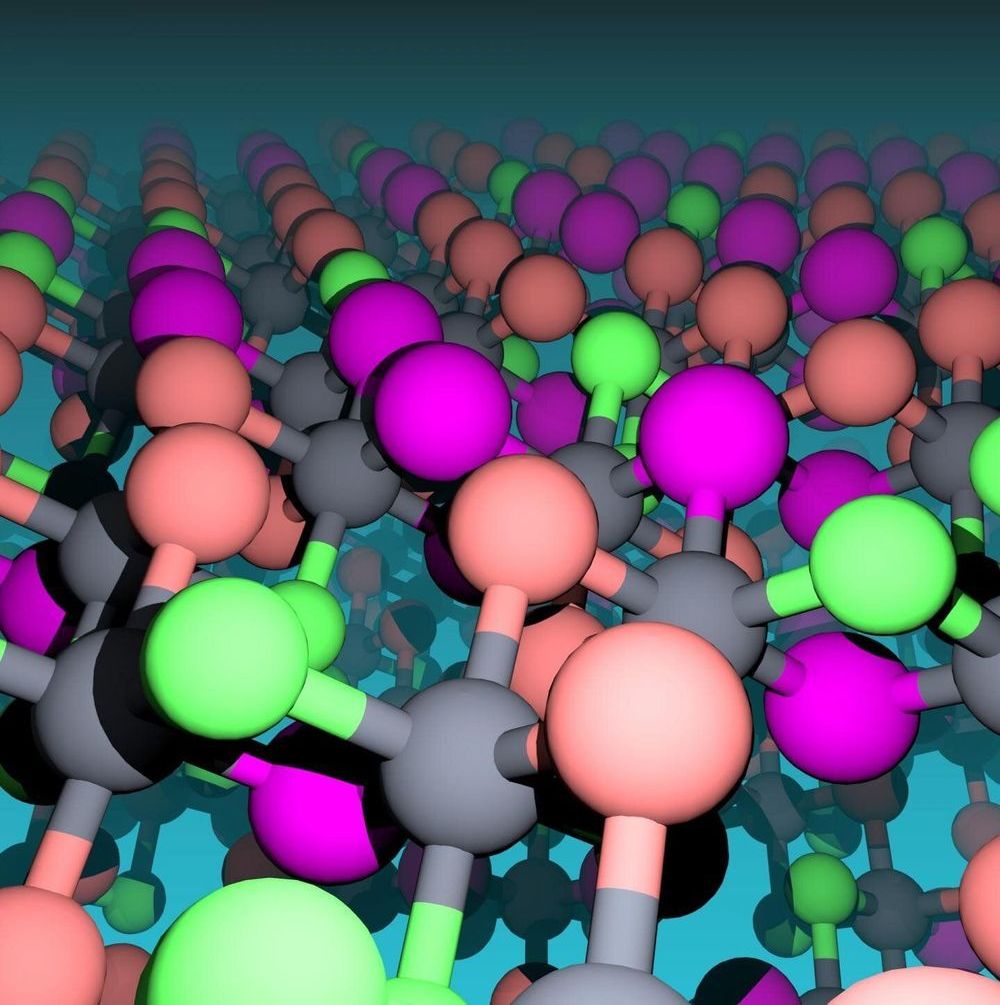Scientists have found that a physical property called ‘quantum negativity’ can be used to take more precise measurements of everything from molecular distances to gravitational waves.
The researchers, from the University of Cambridge, Harvard and MIT, have shown that quantum particles can carry an unlimited amount of information about things they have interacted with. The results, reported in the journal Nature Communications, could enable far more precise measurements and power new technologies, such as super-precise microscopes and quantum computers.
Metrology is the science of estimations and measurements. If you weighed yourself this morning, you’ve done metrology. In the same way as quantum computing is expected to revolutionize the way complicated calculations are done, quantum metrology, using the strange behavior of subatomic particles, may revolutionize the way we measure things.

